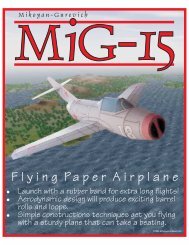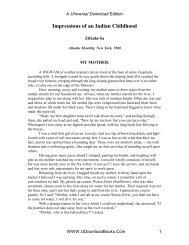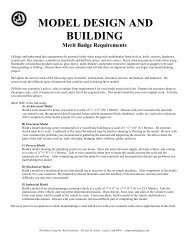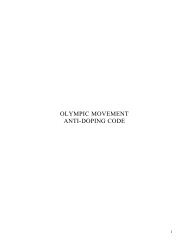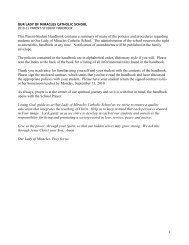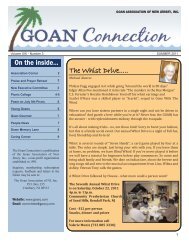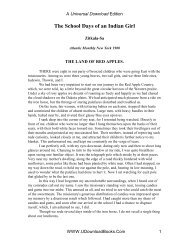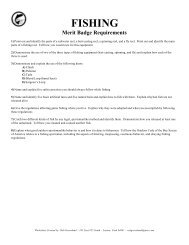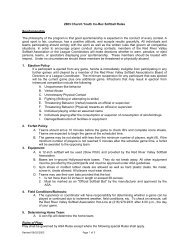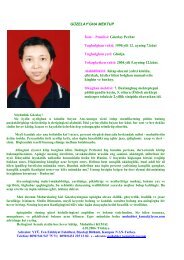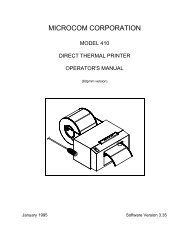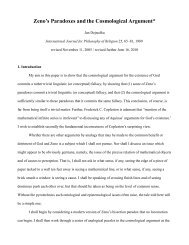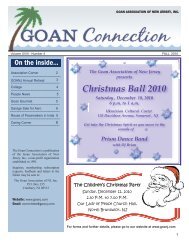Dummett's Backward Road to Frege and to Intuitionism - Tripod
Dummett's Backward Road to Frege and to Intuitionism - Tripod
Dummett's Backward Road to Frege and to Intuitionism - Tripod
You also want an ePaper? Increase the reach of your titles
YUMPU automatically turns print PDFs into web optimized ePapers that Google loves.
article indicates reference <strong>to</strong> a complete entity in the case of cus<strong>to</strong>mary reference, <strong>and</strong> the fact that<br />
directly quoted incomplete names are mentioned not used, so that their incompleteness is not an<br />
incompleteness of any expression containing the quoted name. The dilemma is that indirect reference<br />
<strong>and</strong> indirect quotation lie in between cus<strong>to</strong>mary reference <strong>and</strong> direct quotation. Or more simply, senses<br />
lie in between cus<strong>to</strong>mary references <strong>and</strong> names. There are two options. First, if we assimilate indirect<br />
reference <strong>to</strong> cus<strong>to</strong>mary reference, then “the sense of expression ‘horse( )’” refers not <strong>to</strong> a complete<br />
object, but <strong>to</strong> a complete sense which represents the intended incomplete sense. For indirect quotation<br />
is of senses (1970f: 65), <strong>and</strong> no senses are objects (1970f: 64). (2) Second, if we assimilate indirect<br />
quotation of senses <strong>to</strong> direct quotation of names, then “the sense of expression ‘horse( )’” can <strong>and</strong><br />
therefore must refer <strong>to</strong> the intended incomplete sense. For we can <strong>and</strong> must refer <strong>to</strong> an intended<br />
incomplete name if we directly quote it using the singular definite article, since its incompleteness is<br />
mentioned not used. The second option is correct. For while incomplete senses are literally <strong>and</strong><br />
metaphysically incomplete, their incompleteness is mentioned not used in indirect quotation of them.<br />
That is, their incompleteness is not a literal, metaphysical incompleteness of or within any sense<br />
containing them, if they are being indirectly quoted. For if they are indirectly quoted, they are not<br />
literally, metaphysically contained in any accompanying cus<strong>to</strong>mary sense in the first place. For<br />
example, in “The sense of ‘horse( )’ is an incomplete sense,” the gap in the sense expressed by<br />
‘horse( )’ is not a gap in the thought the sentence expresses. The thought is complete <strong>and</strong> has no gap.<br />
Thus the second option trumps the first. Ironically, the solution is that due <strong>to</strong> the mentioning nature of<br />
indirect quotation, there is no problem of the sense of expression “A” like the problem of the concept<br />
horse. And perhaps that explains why <strong>Frege</strong> never mentions the problem. 28<br />
Twelve years later, <strong>Frege</strong> repeats virtually the same text in a letter <strong>to</strong> Russell: “Truth [i.e. the<br />
True] is not a component part of a thought, just as Mont Blanc...is not...” (1980: 163, my emphasis).<br />
The text is so much the same that surely we must impute the “for it is not a sense but an object.”<br />
49



